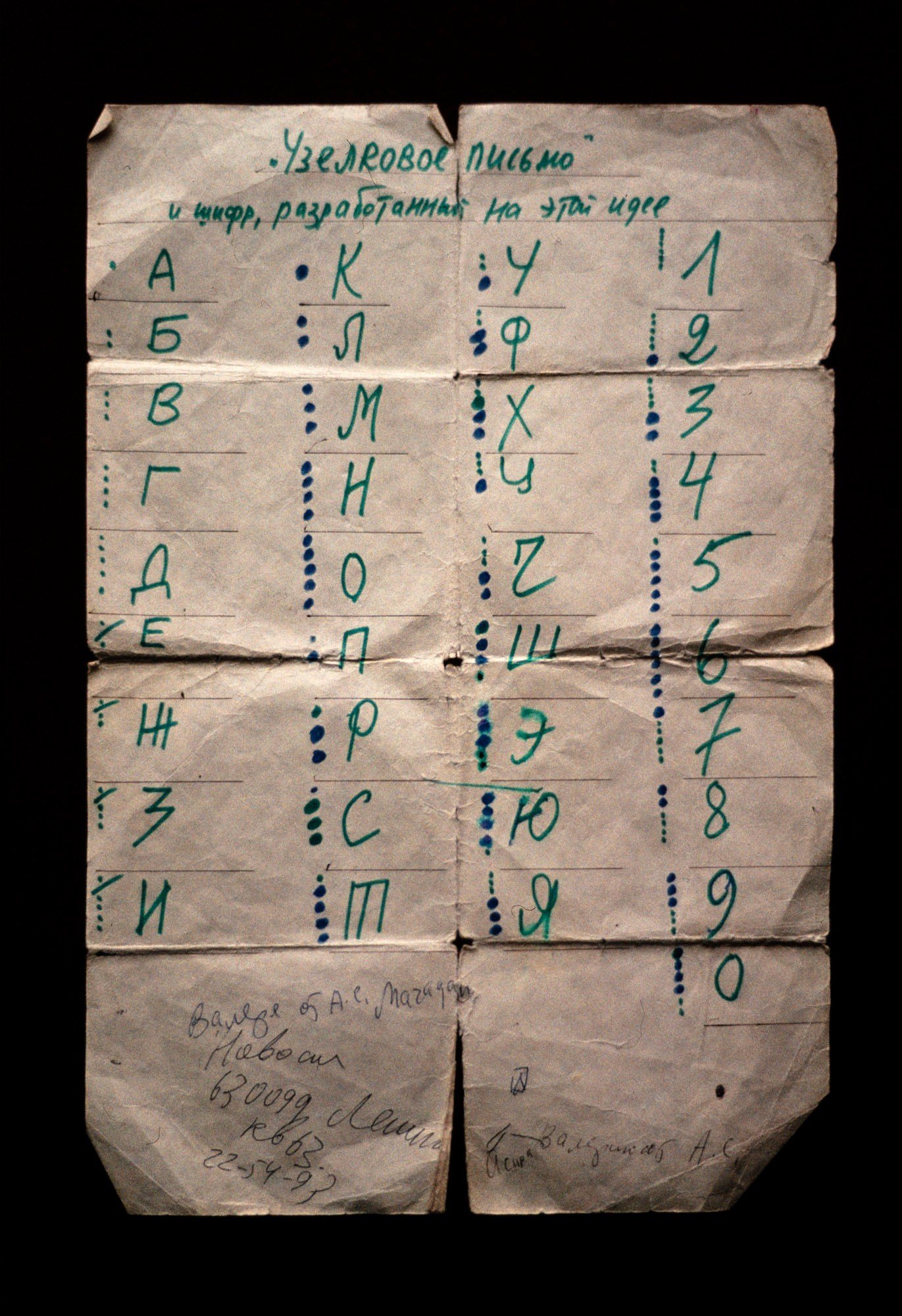I have been aware of the work by Barry Lewis for years and his work at Network Photo Agency
Network was an independent cooperatively-owned picture agency founded in London in January 1981. It grew out of a desire by a group of young UK-based freelance photojournalists to work collectively in a non-competitive environment.
Networks’ aim was to produce socially concerned work documenting the world around them and to retain control and ownership of the material.
Since sharing ‘SOMEMONES RUBBISH’ on Instagram I have met Barry virtually and had some interesting conversations about photography and he recommended a great little book called TRASH all about the world of other people’s rubbish. I’m backing this Kickstarter, he has nearly met his target but every backer still helps, publishing photo books has become more expensive because paper and production costs are rising. So take a read below and hop over to the FISTFUL OF BOOKS Kickstarter. Fistful is a brilliant independent small publisher of some really good photobooks and zines, publishing John Bolloton, Zak Waters, Peter Dench,
Syd Shelton, and many more!
GULAG provides a rare glimpse into a dark corner of Soviet history. The fact that Vladimir Putin's Russia has returned to Stalinist autocracy with those who oppose or protest being imprisoned gives this book of photographs and interviews from over 30 years ago a tragic relevance.
In the last months of Mikhail Gorbachev’s period of reform and his policy of ‘glasnost’ (openness), photographer Barry Lewis was allowed to explore, in 1991, the Gulag regions of north-eastern Siberia and speak with survivors.
“We have to squeeze everything out of a prisoner in the first three months - after that, we don’t need him anymore.”
Camp commander Naftaly Frenkel, The Gulag Archipelago
GULAG
www.kickstarter.com/projects/fistfulofbooks/gulag
A journey into the darkness of Stalin's Siberian prison camps with photographs by Barry Lewis
Asir Sandler, an 80-year-old doctor who I met in Magadan where he still lived 40 years after spending eleven years in a prison camp for carrying a book of ironic poems ...some of which joked about Stalin. Initially, he received the death penalty but it was commuted. In the course of our conversation, I mentioned I was visiting the old Magadan prison, now unused apart from storage. "That's where I was taken when arrested," he said and I asked if he wanted to join me. By a strange coincidence, his cell was full of the old arrest documents and we managed to find his arrest sheet. I then took this photo of him at the entrance to his cell... it was a very emotional moment! Asir Sandler, in the entrance to his old cell, holding his original arrest papers, file no. 2-5469, from 60 years earlier. https://www.kickstarter.com/projects/fistfulofbooks/gulag
https://www.kickstarter.com/projects/fistfulofbooks/gulag by Barry Lewis
He looks at his fingerprints, his shaved head, at the summonses for his special interrogation, 35 small purple slips of paper. He now remembers what he had with him when he was brought in: a tie, a bar of soap, a tin of toothpaste powder, a kangaroo fur hat. He remembers what he weighed: 70 kilos when he was arrested, and 42 kilos three months later. He can once again read copies of the verdict, which he had, at the time, torn into cigarette papers and smoked within two days. “Only curiosity,” he whispers. “No more sadness.” Sandler was arrested at the age of 30, transported, and sentenced to death for treason in 1941 for carrying a book of forbidden poems. His death sentence was commuted to 25 years in the camps, his wife divorced him, and he never saw his son, who was later executed for manslaughter.
https://www.kickstarter.com/projects/fistfulofbooks/gulag Photographer Barry Lewis
After 11 years he was freed prematurely and returned to Magadan where he was exiled. By 1991 he was 80 years old and had learned to become a doctor inside the camps. “It was the best university in the world,” he exclaimed, “every intellectual was sent there!
https://www.kickstarter.com/projects/fistfulofbooks/gulag Photographer Barry Lewis
” During his time in prison, Azir documented his experiences by tying knots on the string as a secret code since writing materials in the camp was forbidden. The knotted string was kept in rolls under his bunk and after being released he wrote a book, “Knot for Memory”, on his prison experiences written during his exile in Magadan. Barry Lewis https://www.kickstarter.com/projects/fistfulofbooks/gulag


